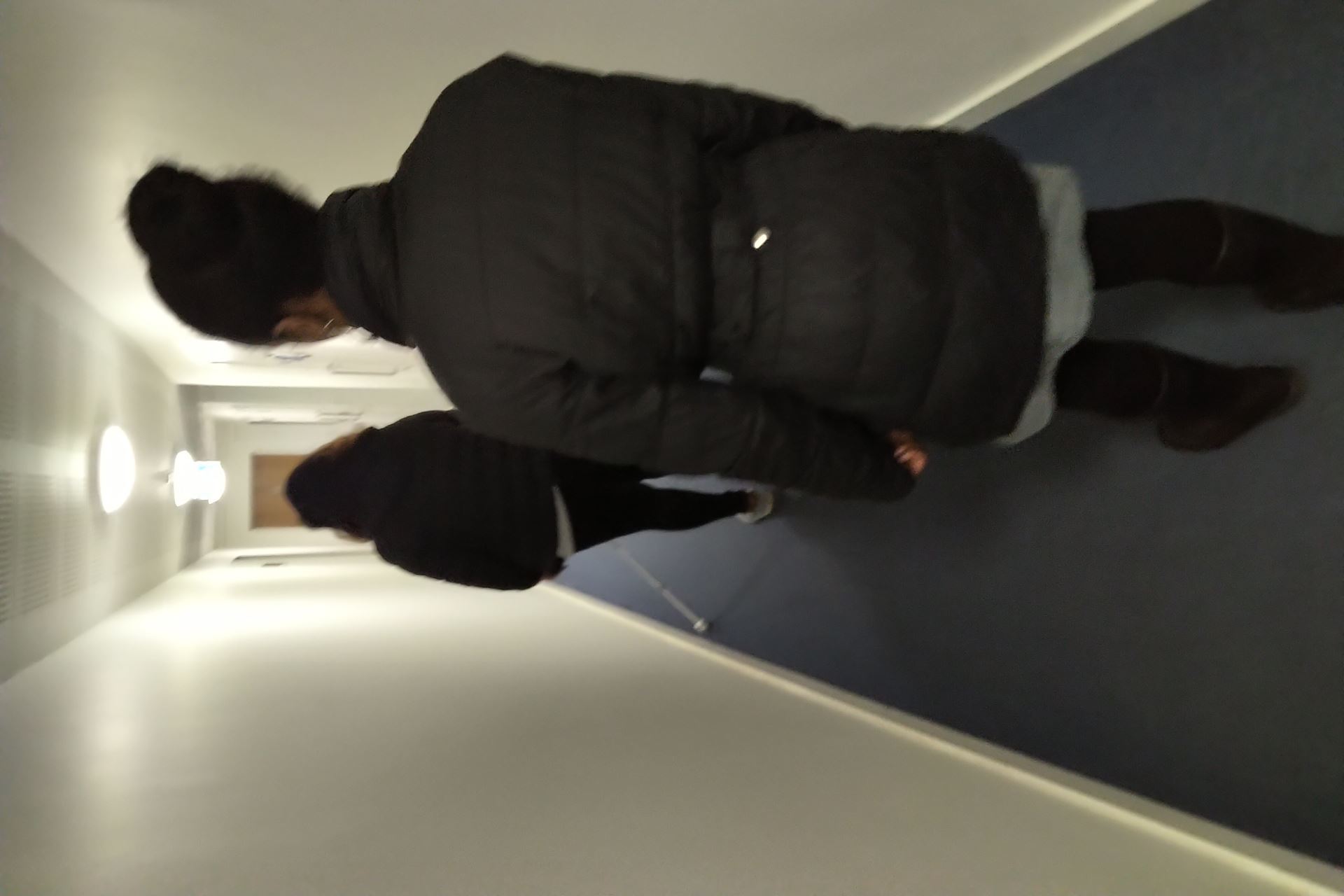Why you should join RWPN |
Benefits of RWPN Membership
RWPN holds the professional register of Vision Rehabilitation Specialists, Qualified Habilitation Specialists and Dual Qualified. By becoming a full member of RWPN and providing proof of qualification you will become a registered practitioner.
RWPN's professional registration is now formally accredited with the UK government's Professional Standards Authority. Being registered has been the goal of our profession for many years and is a strong endorsement of our professional knowledge and expertise. Registrants are entitled to use RWPN and PSA's logo on their correspondence, and can be proud to do so.
Since launching in 2014 we now have over 450 registrants across the UK. Your membership of the professional body enables us to represent you, your organisation and the wider workforce to the health and social care sector. We promote the interests of the workforce and promote the benefits to blind and partially sighted people of vision rehabilitation and habilitation.
Managers and other key professionals are able to join RWPN for free as "manager members". Supporting managers to support our professionals is a key part of our work.
| Developing professional guidance and standards
|
RWPN member services
- Subscription to the Journal of Visual Impairment and Blindness, published six times a year by the American Foundation for the Blind.
- Continuing Professional Development (CPD)
Until 2017, and unlike other professions, Vision Rehabilitation Workers did not have to undertake a compulsory programme of CPD. RWPN believed this was not healthy for the profession and did not provide protection and reassurance to the people who receive our services. CPD is a vital component in maintaining standards, in developing a pride in the work you do and ensuring your employer values your contribution to their services to blind and partially sighted people. In 2017 RWPN launched a formal structure for CPD that is a requirement of membership. In doing this, members can evidence that they are not only maintaining their core skills but also that they are committed to developing their practice and being more knowledgeable professionals. For more details about the scheme go to "The Profession" tab of this website.
- Regular newsletters and news updates
RWPN sends out information to members on a frequent basis, including policy and practice updates, CPD opportunties, job adverts and information on new products or developments of interest.
- Training
- Annual Seminars and Professional Study Days
- Special Interest Groups
RWPN has set up a number of Special Interest Groups on this website. These are open to members only and are intended to be a resource of more detailed information about particular areas of practice, including areas of research, areas of practice that are more complex and ways of posting and sharing what members are up to. They make a good resource for CPD too. Special interest groups currently open are: Orientation & Mobility, Low Vision, Deafblindness, Learning Disability/Acquired Brain Injury, Children and Dementia.
- Job Adverts
We send out job adverts to members on a regular basis. We provide advice around pay grades and job responsibilities to employers.
- Support for Visually Impaired Rehabilitation Specialists
- Employment Relations Advice
Advice and support for members on issues in the workplace is available via phone and email from specialists within RWPN.
Ensuring the Future of Qualification Training
A healthy professional workforce requires that those entering it and those already working in it are trained to a broadly defined range of competencies. RWPN played an integral role in the setting up of the government's Trailblazer Apprenticeship Scheme in England: working with employers in the sector, RWPN helped to define the apprenticeship standard. We are now supporting employers in the revision of the Standard to ensure it meets the needs of employers and the public. In addition RWPN is actively involved with the course providers that train Vision Rehabilitation Workers in England and Scotland.
RWPN Campaigning, Influencing and Promoting
Raising the profile of visual impairment rehabilitation and Rehabilitation Specialists is the prime objective of RWPN. The lack of statutory professional registration status across all four countries of the UK continues to be an issue RWPN is committed to changing and attaining Accredited Voluntary Register status in 2022 was a major step in that direction. We continue to make representation to national governments and Care Councils about the need to protect blind and partially sighted people through a register of practising professionals – a system that already applies to other, similar, professions such as Social Work and Occupational Therapy.
We work with organisations such as ADASS (The Association of Directors of Adult Social Care), Social Care Wales, Northern Ireland Social Care Council, Scottish Social Services Council and Skills for Care to raise the profile of vision rehabilitation and the need to ensure the number of professionals meets the needs of the population.

